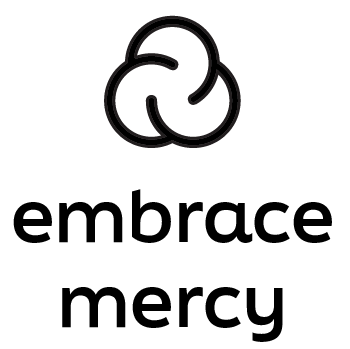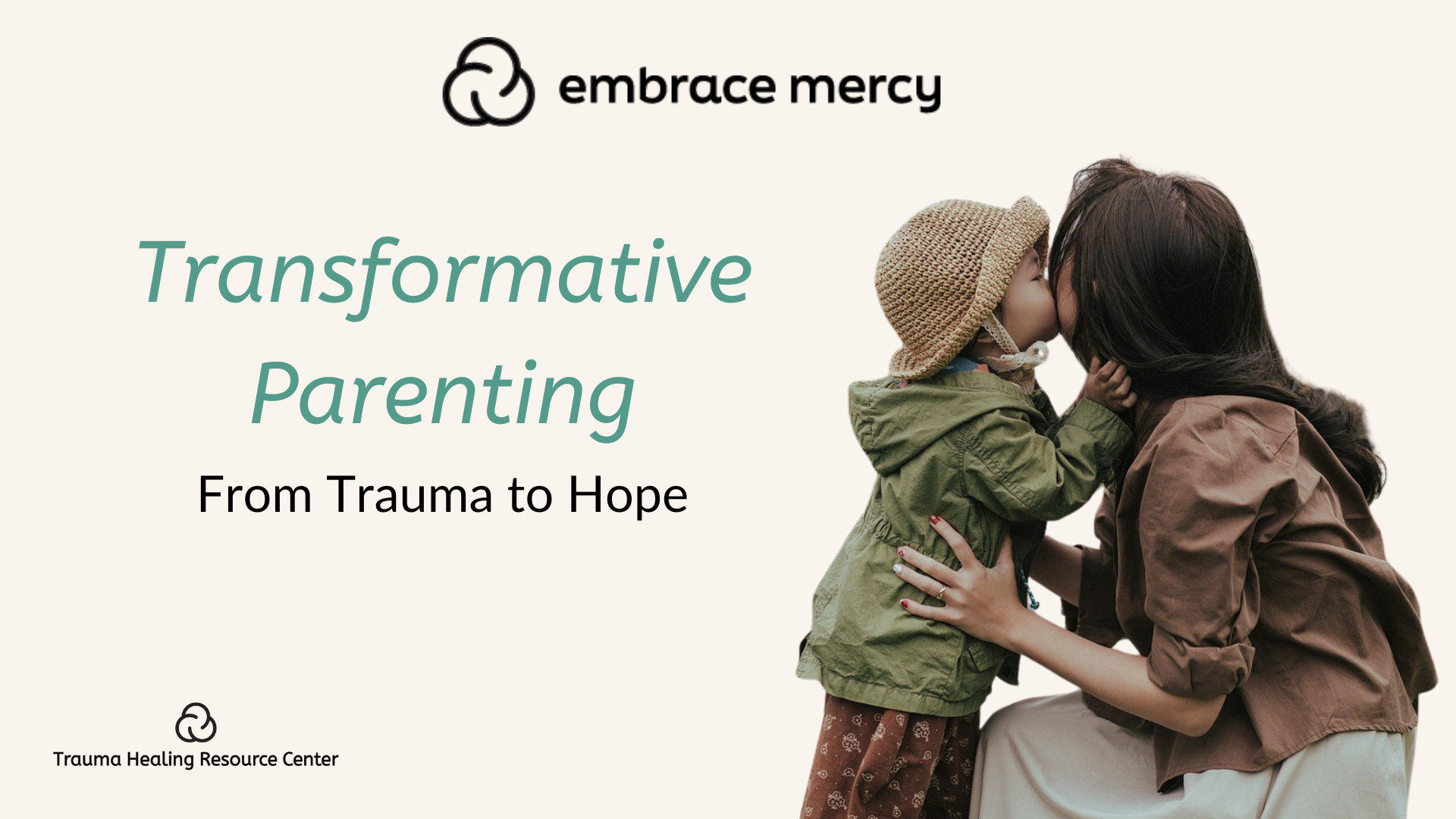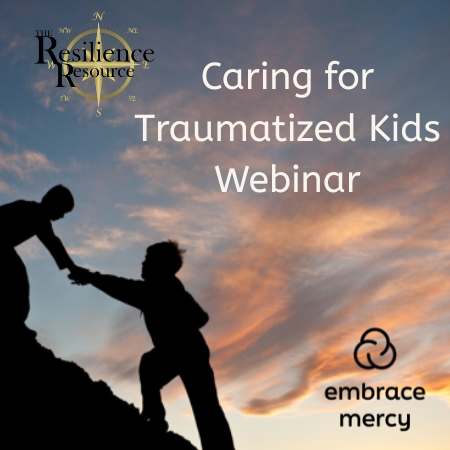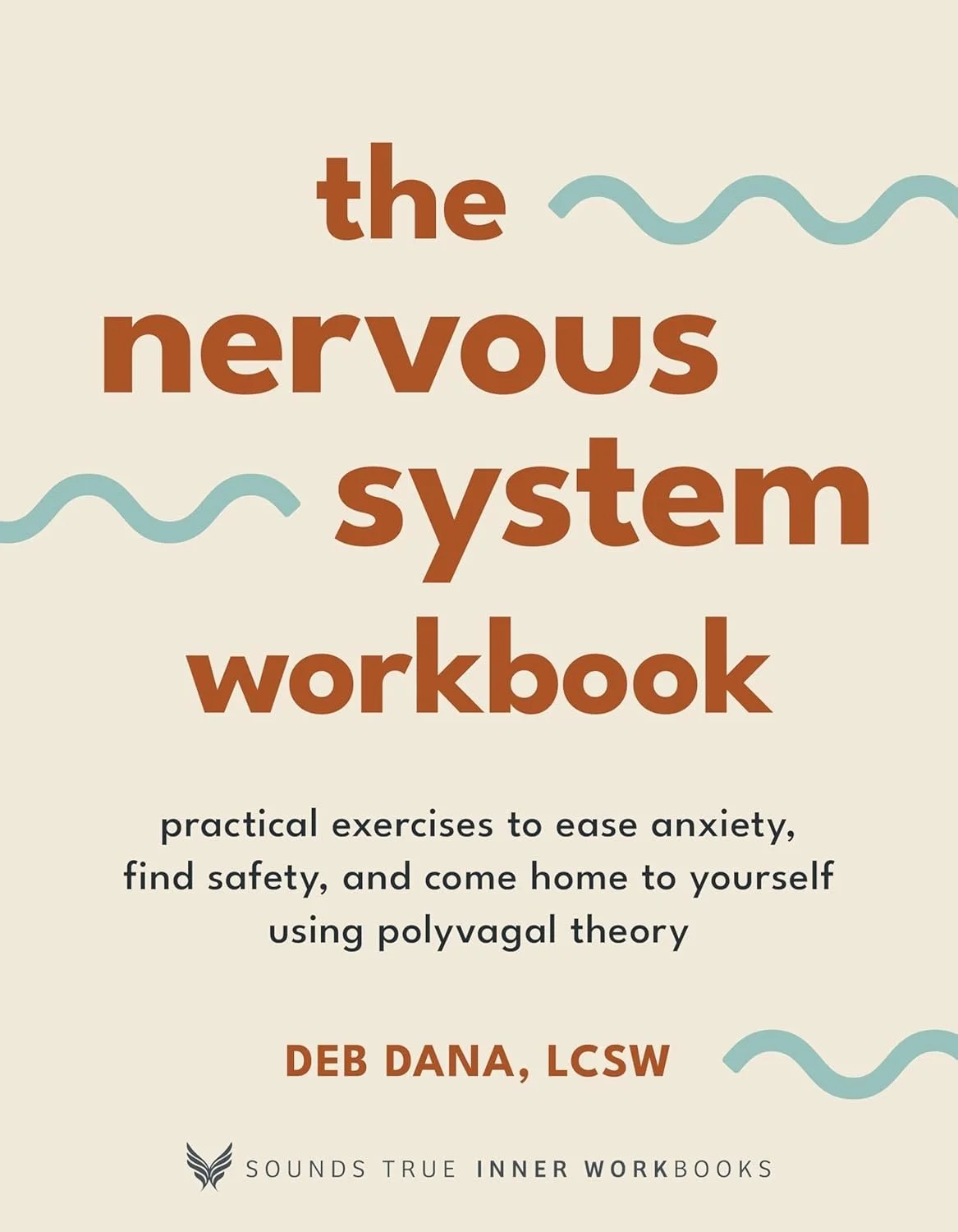You are not alone!
The journey with kids from hard places can be dark, scary and often overwhelming. But you don't have to tackle the journey alone! We continue to discover multitudes of great book, video, internet, and organizational resources which can help each of us be the kind of healing presence with hurting children that we long to be.
What makes a great resource for caregivers of formerly abandoned, abused and neglected kids? Of course families and individuals each have their own unique approaches. But we've found that the resources that best support us in our journey with kids from hard places are those that are
compassionate
empowering
non-judgmental
trauma-informed
research-based
WEBINARS
Transformative Parenting - From Trauma to Hope
LINK for Four Go-To Techniques that Transformative Parents Lean On handout from Transformative Parenting Webinar
Caring for Traumatized Kids Webinar with our partners at The Resilience Resource - Part 1
REGULATING ACTIVITIES - check out our videos HERE
Books
the body keeps the score
"Brain, Mind, and Body in the Healing of Trauma," by Bessel van der Kolk, 2015
This is essential reading for anyone dealing with complex developmental trauma. In this book, Bessel van der Kolk - one of the pioneering researches in the field of trauma - shares insights from 40 years of observing and treating trauma. He combines theory, research, interventions, and personal experience to explain the necessity of a body-centered approach to trauma recovery. Ultimately an empowering work, The Body Keeps the Score references dozens of interventions that have positively impacted the outcomes for children and adults who have suffered from both PTSD and complex developmental trauma.
the connected child
"Bringing Hope and Healing to Your Adoptive Family," by Karyn Purvis and David R. Cross, 2007
Drs Purvis and Cross synthesize the latest research on trauma and years of first-hand experience working with kids from difficult backgrounds to bring hope and practical insights to parents and caregivers of children from hard places. The authors explain the changes that complex developmental trauma creates in the brain, causing a cascade of difficult behaviors and emotional needs that traditional approaches (such as behavior modification) are often unable to adequately address. With a backgound understanding of the biology of trauma, Purvis and Cross construct an approach that addresses core shame and overwhelming fear that drives so many of the difficult behaviors of abandoned and abused children. The authors guide caregivers in constructing an environment of felt safety and deep connection that become the foundation for true healing. In addition, Purvis and Cross address the necessity of addressing the emotional needs that caregivers of difficult children will inevitably face - an aspect of parenting that many families may not have given sufficient attention to when they began their journey.
Healing developmental trauma
"How Early Trauma Affects Self-Regulation, Self-Image, and the Capacity for Relationship," by Laurence Heller and Aline Lapierre, 2012
This is one of the few books available that focuses in a comprehensive way on adults who are dealing with the affects of their own complex developmental trauma. Levine and Lapierre write from their background as clinical psychologists who see distinct differences between the needs of those suffering from PTSD and those dealing with developmental trauma. To address the unique challenges posed by dev trauma they focus on the compromised capacity for connection that results from a history of abandonment, abuse, and neglect. Their approach (the Neuro Affective Relational Model - NARM) helps adults work in the present (rather than becoming stuck in the past) to become more aware of dysfunctional patterns they have unconsciously developed to deal with the pain of chronic dissociation. Their approach is somatically-based and is designed to bring to awareness the many strengths, resources and capacities that each person has available from their own life experiences to begin to a live a fuller life that is more connected to others
The Nervous System Workbook
“Practical Exercises to Ease Anxiety, Find Safety, and Come Home to Yourself Using Polyvagal Theory” by Deb Dana
Deb Dana, a leading expert in Polyvagal Theory, shares incredibly effective tools for getting to know your system. She writes, “No two nervous systems are exactly alike, and getting to know how your nervous system works leads you along the path to becoming an active operator of your own system, no matter how it is wired.”
Step-by-step, Dana takes you through more than 50 short practices and exercises that teach you:
• How your personal nervous system responds―to what’s happening outside you, to what’s happening inside you, and how you communicate with others’ systems
• How to recognize when you’re in a state of distress
• What helps you feel calm and centered
• Why co-regulation―connecting with others―can support your sense of security
• Strategies to find more safety and ease within yourself
Video Series
The healing family series
Texas Christian University, Institute of Child Development
The series produced by the TCU Institute of Child Development under the guidance of Karyn Purvis and David Cross contains practical tools and real-life examples for families and caregivers who want to bring healing to their children who have suffered complex developmental trauma. Experts in the fields of neuroscience, trauma, and attachment explain how trauma changes a child’s brain, impairs attachment, and affects language, sensory processing and coping skills. The Trust-Based Relational Intervention – TBRI – model presented in the videos provides a path to establishing felt safety for the hurting child and building healing connections that can change outcomes our children.
counting the cost of the journey
by Karyn Purvis with Empowered to Connect
Dr. Purvis explains the joys and challenges of adoptive parenting, urging those considering the journey to take into careful consideration the investment in time, attention, resources, and a commitment to personal growth necessary to bring true healing to children from hard places.
Organizations and Websites
karyn purvis Institute of Child Development at tcu
Book and video resources based on the TBRI (Trust-Based Relational Intervention) model. Also information on trainings available for professionals who work with children affected by complex developmental trauma.
Attachment and Trauma Network, Inc
Special events, resources, trainings, support groups, blogs, and advocacy work related to families of children with attachment and developmental trauma issues.
The Resilience Resource
The Resilience Resource team supports and resources individuals and organizations around the world as each assesses and develops best practices and policies for personnel care.
Adverse Childhood Experiences (ACE’s)















